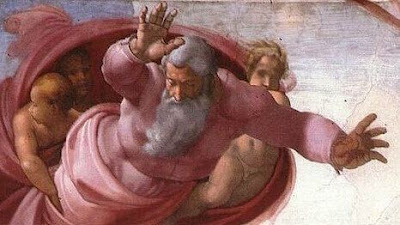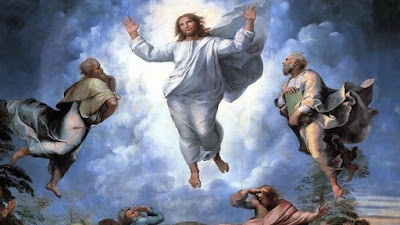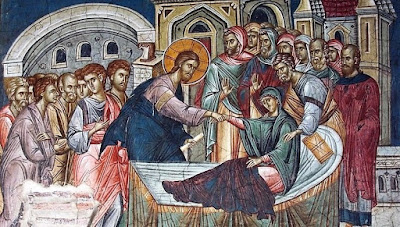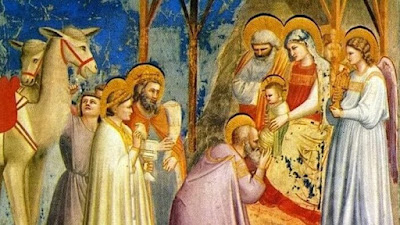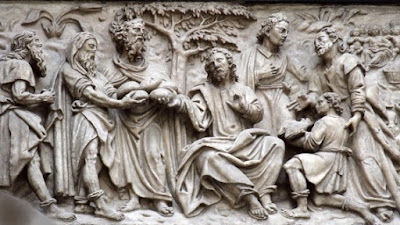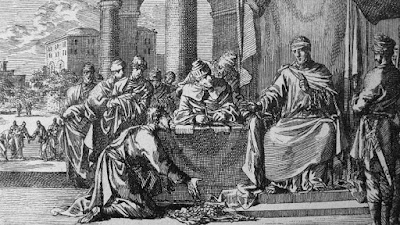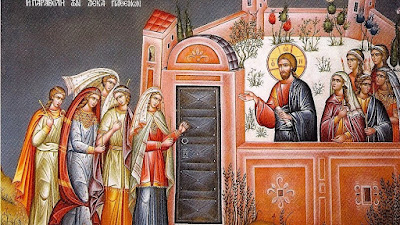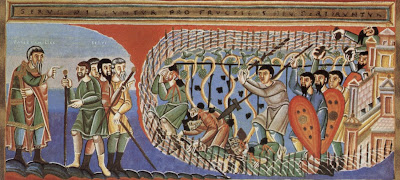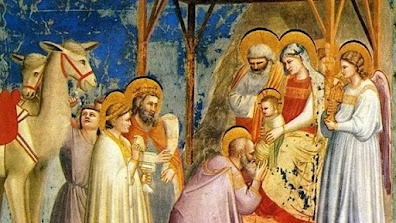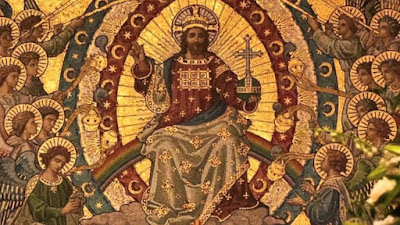God Speaks to the Sinner: Reflection for the 5th Sunday of Lent, Year B
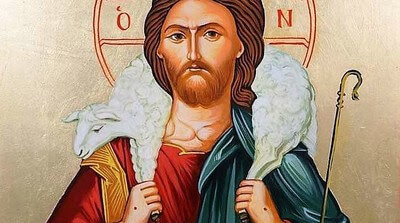
Fr. René J. Butler, M.S. La Salette Missionaries of North America (Jeremiah 31:31-34; Hebrews 5:7-9; John 12:20-33) My child, you have no idea how important it is to me that you allow me to forgive you. Please don’t put it off. Now is the acceptable time. Is there something from the distant past that you have never been able to confess? Now is the acceptable time. Come now, let us set things right. Though your sins be like scarlet, they may become white as snow. They will be totally washed away in the blood of my only Son, who willingly offered himself up for you. Through his suffering, through his obedience, he has paid the full price of your redemption. He is like the grain of wheat. When he died, he brought forth abundant fruit, to be shared by all. The free banquet of grace awaits you. I would like nothing better than to place my Law within you and write it on your heart. Just think! It would then be the most natural thing in the world for you to live in my love a
